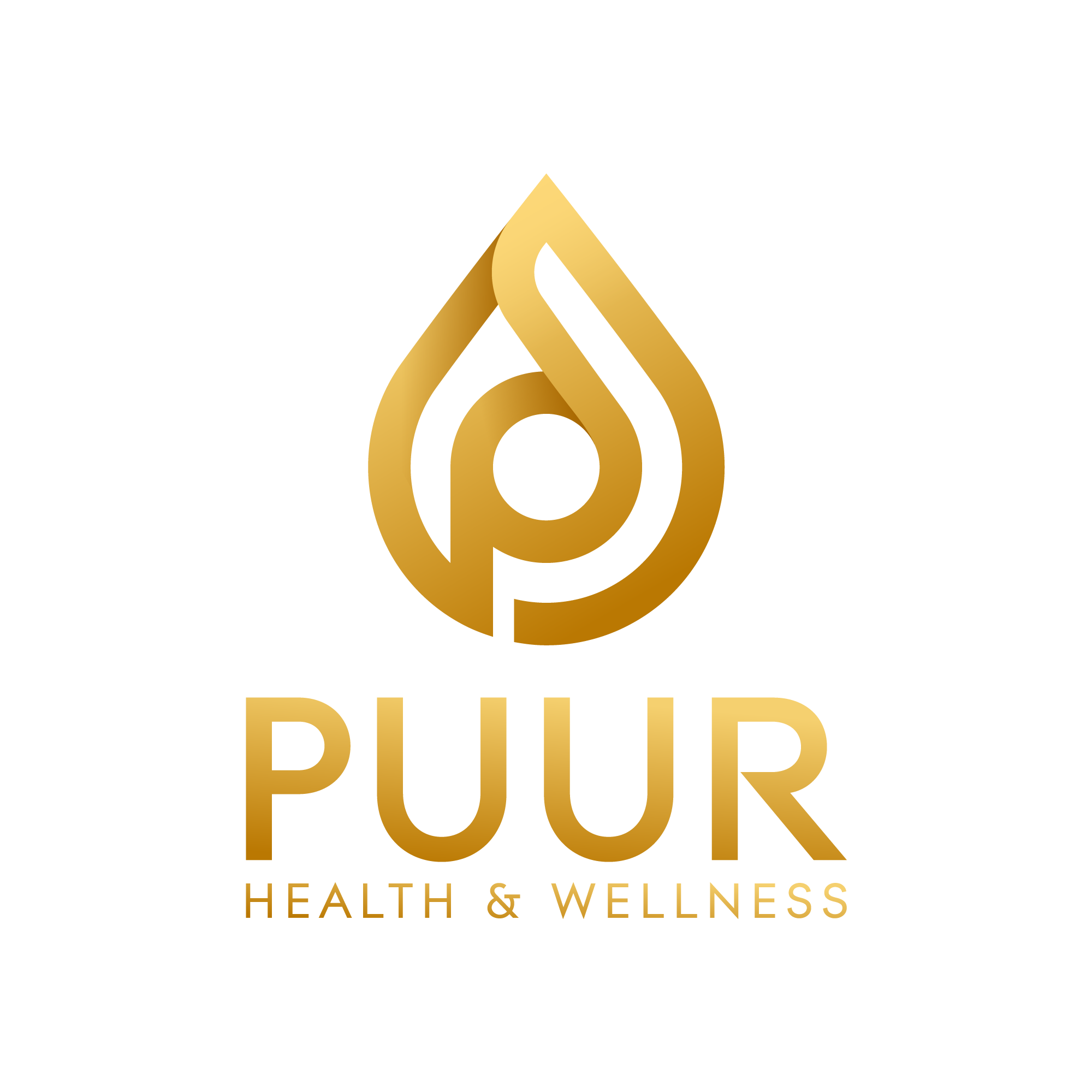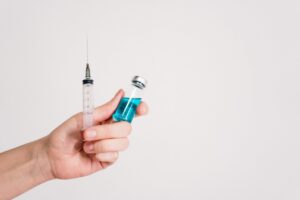Ugh, the hangover. We’ve all been there – that pulsating headache, the nausea that makes you hug the porcelain throne a little too closely, and the general feeling like you got hit by a truck (and maybe drank a whole bottle of tequila beforehand). While some might swear by greasy cheeseburgers or hair-of-the-dog remedies, there’s a new player on the hangover relief scene: the IV.
But before you picture yourself hooked up to a bag of fluids like some kind of hungover superhero, let’s break down the real deal on “can you get an IV for a hangover”.
The Dehydration Dilemma
Dehydration is a major culprit behind many hangover symptoms. Alcohol is a diuretic, meaning it makes you pee more, which can leave your body feeling parched and depleted of essential electrolytes. This is where the appeal of an IV comes in.
Imagine yourself saying, “Hey, body, I know I wronged you last night. Here’s some quick and easy hydration straight to your veins!” Sounds pretty good, right?
If you like this article, you may also like “Do Immunity IV Drips Work?”
The IV Hangover Relief Mythbuster:
Here’s the thing: while an IV might help with some hangover symptoms, especially dehydration, it’s not a magical cure-all.
Think about it this way: a hangover is a complex beast with multiple factors at play. Alcohol irritates your stomach lining, disrupts sleep patterns, and depletes your body of nutrients beyond just water. An IV can’t address all of these issues.
So, are IVs useless? Not by any stretch! Let’s delve deeper into the good and the bad of IV hangover relief.
The Case for IVs:
Faster Hydration
One of the primary benefits of IV therapy for hangovers is rapid hydration. When you drink water, it needs to be absorbed by your digestive system before it can reach your bloodstream. This process can be slowed down, especially when you’re feeling nauseous.
With IV therapy, fluids are delivered directly into your bloodstream, bypassing the digestive system. This can help you rehydrate more quickly and alleviate symptoms of dehydration, such as headache, fatigue, and dizziness.
Electrolyte Replenishment
Alcohol can deplete your body of essential electrolytes, such as sodium, potassium, and magnesium. These electrolytes play a crucial role in maintaining fluid balance, nerve function, and muscle contraction.
IV therapy can help replenish these lost electrolytes, which can alleviate symptoms like muscle cramps, fatigue, and headaches.
Potential Relief from Nausea
Nausea is a common symptom of hangovers. Some IV therapy treatments include medications that can help reduce nausea and vomiting. These medications can be administered directly into the bloodstream, providing rapid relief.
However, it’s important to note that the effectiveness of IV therapy for hangovers can vary depending on individual factors, such as the severity of the hangover and overall health.
The Flip Side of the IV Coin:
- Limited Research: While some studies suggest IVs might help with dehydration and some symptoms, there’s no strong scientific evidence to prove they’re a hangover cure-all. More research is needed.
- Not a Magic Bullet: Remember, alcohol messes with your whole system. An IV can’t magically fix everything.
- Cost Factor: IV hangover treatments can be expensive, and some insurance plans might not cover them.
The Verdict: To IV or Not to IV?
Ultimately, the decision of whether to get an IV for a hangover is a personal one. Here are some questions to consider:
Severity of Hangover Symptoms
If you’re experiencing severe dehydration, persistent nausea, or debilitating headaches, IV therapy can be a quick and effective way to alleviate these symptoms. By delivering fluids and medications directly into your bloodstream, IV therapy can provide rapid relief and help you recover faster.
Time Constraints
If you need to feel better quickly, IV therapy can be a time-efficient solution. Traditional methods of rehydration, such as drinking water or oral rehydration solutions, may take longer to work.
Individual Preferences and Tolerance
Some individuals may prefer the convenience and rapid relief offered by IV therapy, while others may find that traditional home remedies are sufficient. It’s important to consider your personal preferences and tolerance for discomfort when making a decision.
Lets explore alternative hangover relief methods and some tips for preventing hangovers in the first place (because let’s face it, prevention is always better than cure!).
Preventative Measures
Stay Hydrated
Dehydration is a major contributor to hangover symptoms. To prevent dehydration, drink plenty of water throughout the night. Aim to drink one glass of water for every alcoholic drink you consume. Water helps flush out toxins and keeps your body hydrated, reducing the severity of a hangover.
Pace Yourself
Drinking alcohol too quickly can lead to a more severe hangover. Pace yourself by alternating alcoholic drinks with water or non-alcoholic beverages. This will help slow down the absorption of alcohol into your bloodstream and reduce the risk of overindulging.
Eat Before and During Drinking
Eating food before and during drinking can help slow down the absorption of alcohol into your bloodstream. Opt for foods that are high in protein and complex carbohydrates, as these can help to stabilize blood sugar levels and reduce the severity of a hangover. Avoid greasy or fried foods, as these can irritate your stomach and worsen hangover symptoms.
Limit Sugary Drinks
Sugary drinks, such as sugary cocktails or soda, can contribute to dehydration and worsen hangover symptoms. Opt for plain water, sparkling water, or unsweetened tea instead.
Home Remedies for Hangover Relief
If you do end up with a hangover, here are some home remedies that can help alleviate symptoms:
Hydrate Your Body
Dehydration is a major contributor to hangover symptoms. To combat this, drink plenty of water or electrolyte-rich fluids like coconut water. These fluids can help replenish lost fluids and electrolytes, reducing symptoms like headache, fatigue, and dizziness. Avoid sugary drinks, as they can worsen dehydration and contribute to a sugar crash.
Get Plenty of Rest
Your body needs time to recover from the effects of alcohol. Aim for 7-8 hours of quality sleep to allow your body to repair itself. Create a comfortable sleep environment, such as a dark, quiet room with a cool temperature.
Over-the-Counter Pain Relievers
Over-the-counter pain relievers, such as ibuprofen or acetaminophen, can help alleviate headache pain and muscle aches associated with hangovers. However, it’s important to follow the recommended dosage and avoid taking these medications on an empty stomach, as they can irritate your stomach lining.
Soothe Your Stomach with Ginger
Ginger has long been used to soothe an upset stomach and reduce nausea. You can consume ginger in various forms, such as ginger tea, ginger ale, or ginger candies. Ginger can help calm your stomach and reduce the severity of hangover symptoms.
Eat Bland Foods
Opt for bland, easy-to-digest foods like toast, crackers, or bananas. These foods can help settle your stomach and provide your body with essential nutrients. Avoid greasy or spicy foods, as these can irritate your stomach and worsen your hangover symptoms.
When to Seek Medical Attention
While IV therapy can be a quick fix for a hangover, it’s important to recognize when it’s time to seek medical attention. If you experience severe dehydration, persistent vomiting, or other concerning symptoms, consult a healthcare professional immediately.
Conclusion
While home remedies and lifestyle changes can alleviate some hangover symptoms, IV therapy offers a more rapid and targeted approach. By delivering essential fluids, electrolytes, and vitamins directly into your bloodstream, IV therapy can help you feel better faster.
Ready to experience the benefits of IV therapy? Contact PUUR Health and Wellness today to schedule a consultation and learn more about our customized IV treatments. Our experienced healthcare professionals can help you recover from your hangover and get back to feeling your best.
Resources:


